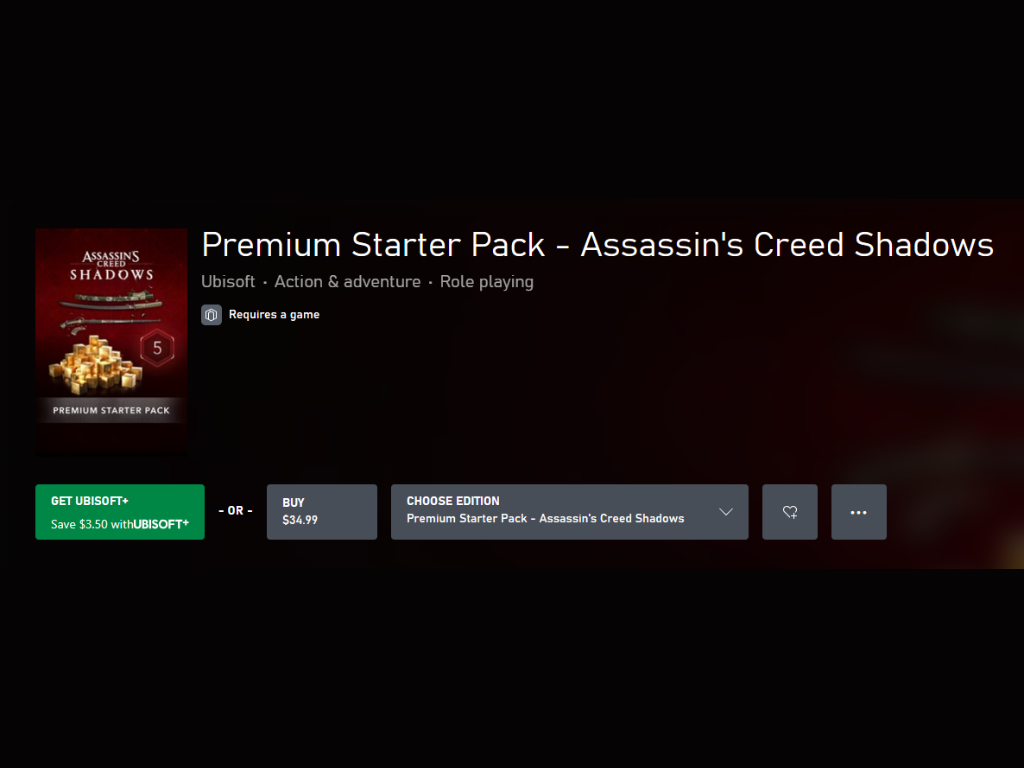Ubisoft’s recent statement in its 2024-2025 annual financial report has added fuel to the fire. According to the report, published on May 14, 2025, Ubisoft claims microtransactions in premium games “make the player experience more fun,” allowing gamers to “personalize their avatars or progress more quickly.”
The claim is found on page 10 of Ubisoft’s report, which notes that microtransactions are “always optional,” but the statement has done little to reassure a gaming community at odds with the publisher’s practices, accusing the company of being “tone-deaf” and prioritizing profit over consumer satisfaction.
The backlash has already riled up the gaming community on social media platforms like X, where users have compared Ubisoft’s stance to despotic rhetoric, stating: “Microtransactions help players experience more fun is right up there with ‘You’ll own nothing and be happy.’”
Similar posts on r/pcgaming and r/PS5 subreddits with hundreds of upvotes express discontentment, arguing that microtransactions in an era of $70 to $80 premium games feel like “borderline daylight robbery.”
Moreover, the gaming community points out that grind-heavy loops, as seen in Assassin’s Creed: Shadows, require progression boosts, which could easily be replaced with better game design, not microtransactions. One user on r/gaming commented, “They made it tedious in the first place; otherwise, people wouldn’t buy it and have more fun after.”
Ubisoft reported that 58% of its PC revenue during fiscal year 2024 came from digital microtransactions. This history of reliance on digital add-ons isn’t new. Ubisoft first introduced microtransactions in 2017’s Assassin’s Creed Origins, which included the ability to purchase XP boosters and cosmetics like armor and unique mounts.
Since then, every major Assassin’s Creed entry, including Odyssey, Valhalla, and the recent Assassin’s Creed: Shadows have introduced some form of digital monetization and optional cosmetic add-ons.
Ubisoft’s idea of a “working group dedicated to monetization and the associated risks” isn’t something the gaming community is fond of, furthering the divide between gamers and the publisher. Many gamers are calling for a return to smaller, robust, player-oriented studios.
I am a UAE-based tech writer who likes to build and benchmark PCs both professionally and as a hobby. I contribute to multiple tech publications, including TechRadar and NotebookCheck, as well as Game Rant, where I focus primarily on news, commerce, and buying guides. When I’m not scouring the internet for the latest in tech stories, you will find me playing a game of Civilization or DotA with friends and frenemies alike while dropping recommendations for Apple TV+’s Foundation to everyone I come across.
